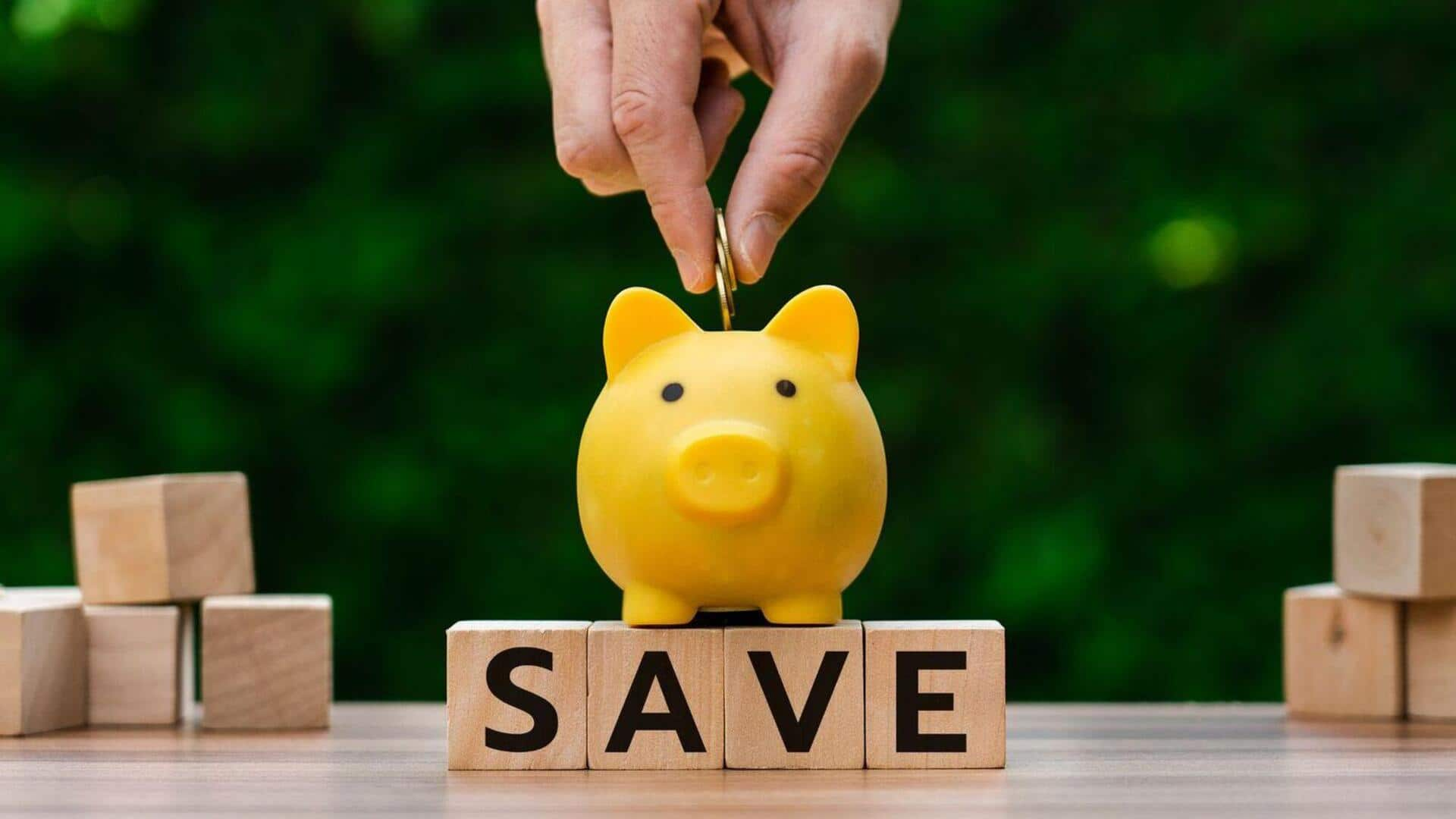
Want to diversify your emergency savings? Follow these steps
What's the story
Building an emergency savings fund is imperative for financial stability. But, you might not want to keep all your savings in one place. Diversifying your emergency savings can help protect you against unforeseen circumstances and ensure that you have funds handy when needed. Here are some smart ways to diversify your emergency savings effectively, so that you are always prepared for any financial surprises.
Tip 1
Utilize high-interest savings accounts
High-interest savings accounts provide a secure and readily accessible method to grow your emergency fund. These accounts usually offer better interest rates than normal savings accounts, enabling your money to generate more earnings over time. By putting a fraction of your emergency fund in a high-interest account, you can enjoy the best of both worlds: safety and growth without the risk of taking a big gamble.
Tip 2
Consider short-term certificates of deposit
If you're looking to diversify your emergency savings, short-term certificates of deposit (CDs) can serve as a great tool. CDs offer fixed interest rates for a defined term, generally between three months and five years. If you invest in short-term CDs, you can lock in higher interest rates while keeping your fund liquid by staggering maturity dates. This way, part of your funds remain accessible.
Tip 3
Explore money market Accounts
Money market accounts combine the best features of checking and savings accounts. They offer competitive interest rates along with limited check-writing capabilities. These accounts are often required to maintain a higher minimum balance but offer better returns than traditional savings accounts. Diverting some of your emergency funds into money market accounts can further enhance diversification while keeping cash easily accessible.
Tip 4
Keep some cash at home
Having cash available at home is important for immediate emergencies where electronic transactions may not be possible or practical. These include natural disasters or power outages. Storing small amounts safely ensures quick accessibility without relying solely on digital means. These means include ATMs or online banking systems which could become temporarily unavailable during crisis situations.